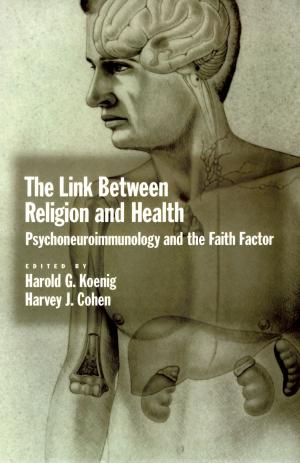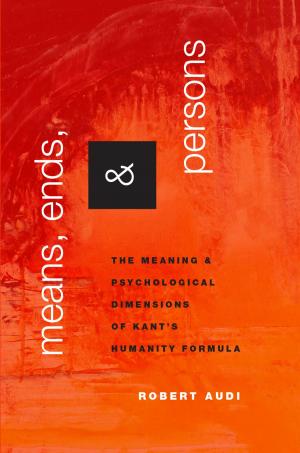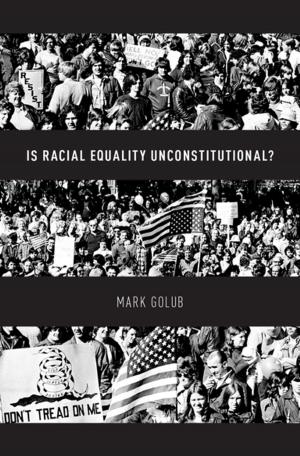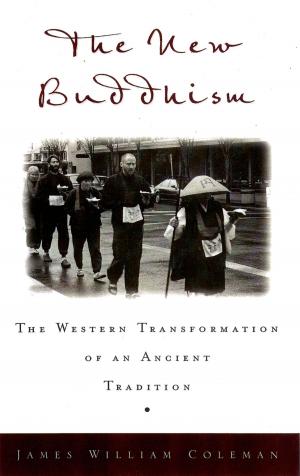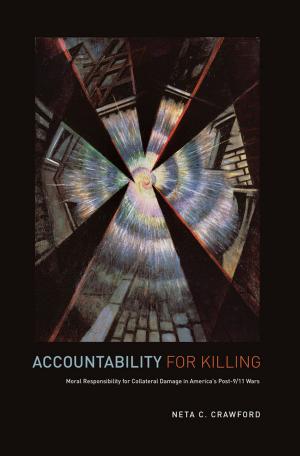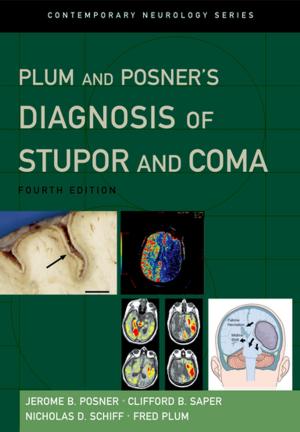Becoming Faulkner
The Art and Life of William Faulkner
Biography & Memoir, Literary, Fiction & Literature, Literary Theory & Criticism| Author: | Philip Weinstein | ISBN: | 9780199920853 |
| Publisher: | Oxford University Press | Publication: | November 20, 2009 |
| Imprint: | Oxford University Press | Language: | English |
| Author: | Philip Weinstein |
| ISBN: | 9780199920853 |
| Publisher: | Oxford University Press |
| Publication: | November 20, 2009 |
| Imprint: | Oxford University Press |
| Language: | English |
William Faulkner was the greatest American novelist of the twentieth century, yet he lived a life marked by a pervasive sense of failure. Throughout his career, he remained haunted by his inability to master a series of personal and professional challenges: his less-than-heroic military career; the loss of his brother in an airplane crash; a disappointing stint as a Hollywood screenwriter; and a destructive bout with alcoholism. In this imaginative biography, Philip Weinstein--a leading authority on the great novelist--targets Faulkner's embattled sense of self as central to both his life and his work. Weinstein shows how Faulkner's troubled interactions with time, place, and history--with antebellum practices and racial division--take on their fullest meanings in his fiction. Exploring the resonance of his own unpreparedness, Faulkner invented a singular language that captured human consciousness under stress as never before. Becoming Faulkner joins Faulkner's life and art in a bold new way, giving readers a full vantage from which to better understand this twentieth-century literary genius. Weinstein shows how Faulkner's troubled interactions with time, place, and history--with antebellum practices and southern heritage--form a pattern that played out over the course of his entire life. At the same time, these incidents take on their fullest meanings in his fiction. It was in meditating on his failures, his own unreadiness, Weinstein argues, that Faulkner came up with his singular language, one that captured human consciousness under stress as never before. His fruitless striving catapulted American literature to a new level of sophistication. Narrating the events that comprised Faulkner's life, biographers have long struggled to depict his personal complexity, the paradoxes that shaped his decisions and dogged his relationships. But without a consideration of the writing as well, the troubles in the life fail to reveal their deeper resonance. By skillfully analyzing the work while tracing the events, Weinstein achieves a full portrait, revealing struggles that animate his life and shadows that complicate his work. Becoming Faulkner thus conjoins Faulkner's life and art in a bold new way, giving readers a full vantage from which to better understand this twentieth-century literary genius.
William Faulkner was the greatest American novelist of the twentieth century, yet he lived a life marked by a pervasive sense of failure. Throughout his career, he remained haunted by his inability to master a series of personal and professional challenges: his less-than-heroic military career; the loss of his brother in an airplane crash; a disappointing stint as a Hollywood screenwriter; and a destructive bout with alcoholism. In this imaginative biography, Philip Weinstein--a leading authority on the great novelist--targets Faulkner's embattled sense of self as central to both his life and his work. Weinstein shows how Faulkner's troubled interactions with time, place, and history--with antebellum practices and racial division--take on their fullest meanings in his fiction. Exploring the resonance of his own unpreparedness, Faulkner invented a singular language that captured human consciousness under stress as never before. Becoming Faulkner joins Faulkner's life and art in a bold new way, giving readers a full vantage from which to better understand this twentieth-century literary genius. Weinstein shows how Faulkner's troubled interactions with time, place, and history--with antebellum practices and southern heritage--form a pattern that played out over the course of his entire life. At the same time, these incidents take on their fullest meanings in his fiction. It was in meditating on his failures, his own unreadiness, Weinstein argues, that Faulkner came up with his singular language, one that captured human consciousness under stress as never before. His fruitless striving catapulted American literature to a new level of sophistication. Narrating the events that comprised Faulkner's life, biographers have long struggled to depict his personal complexity, the paradoxes that shaped his decisions and dogged his relationships. But without a consideration of the writing as well, the troubles in the life fail to reveal their deeper resonance. By skillfully analyzing the work while tracing the events, Weinstein achieves a full portrait, revealing struggles that animate his life and shadows that complicate his work. Becoming Faulkner thus conjoins Faulkner's life and art in a bold new way, giving readers a full vantage from which to better understand this twentieth-century literary genius.




